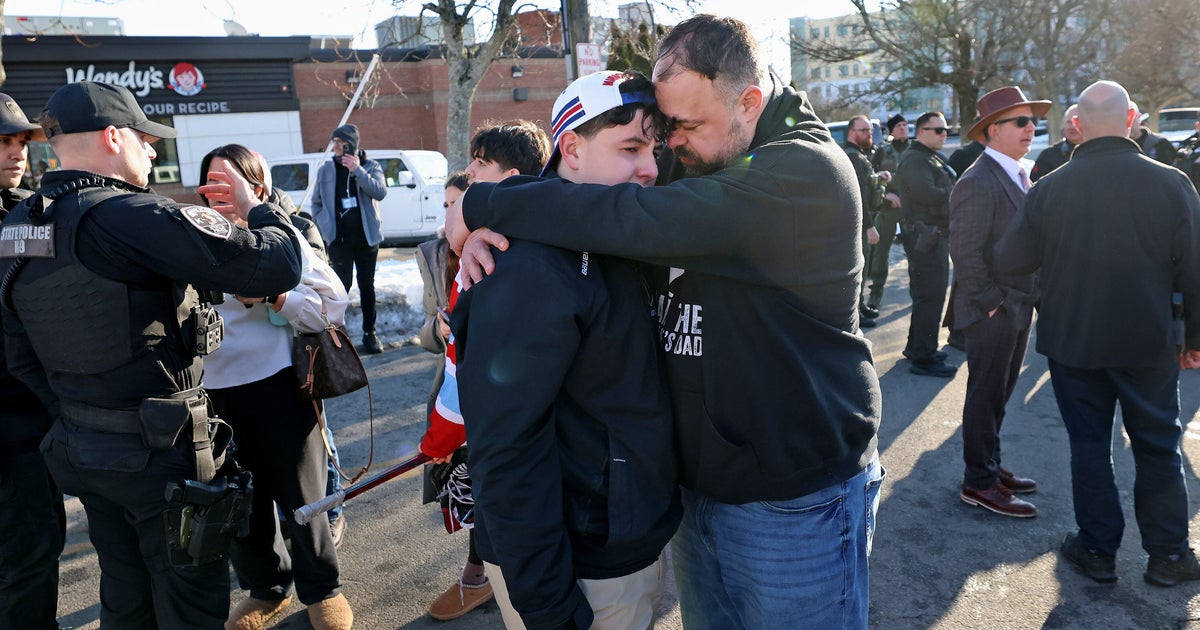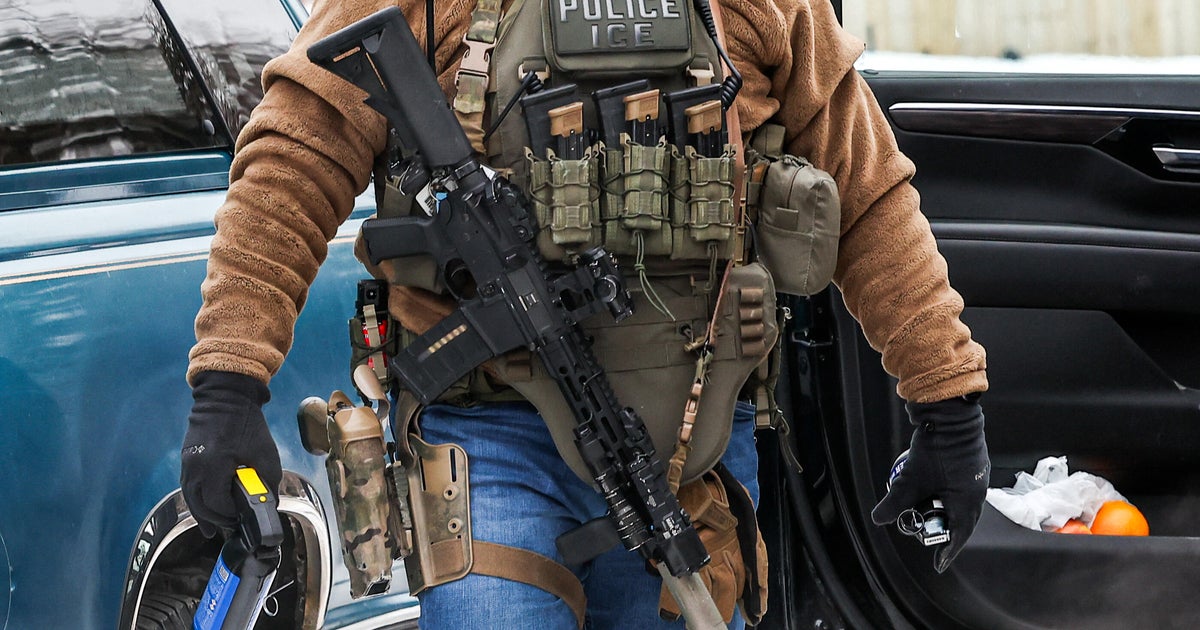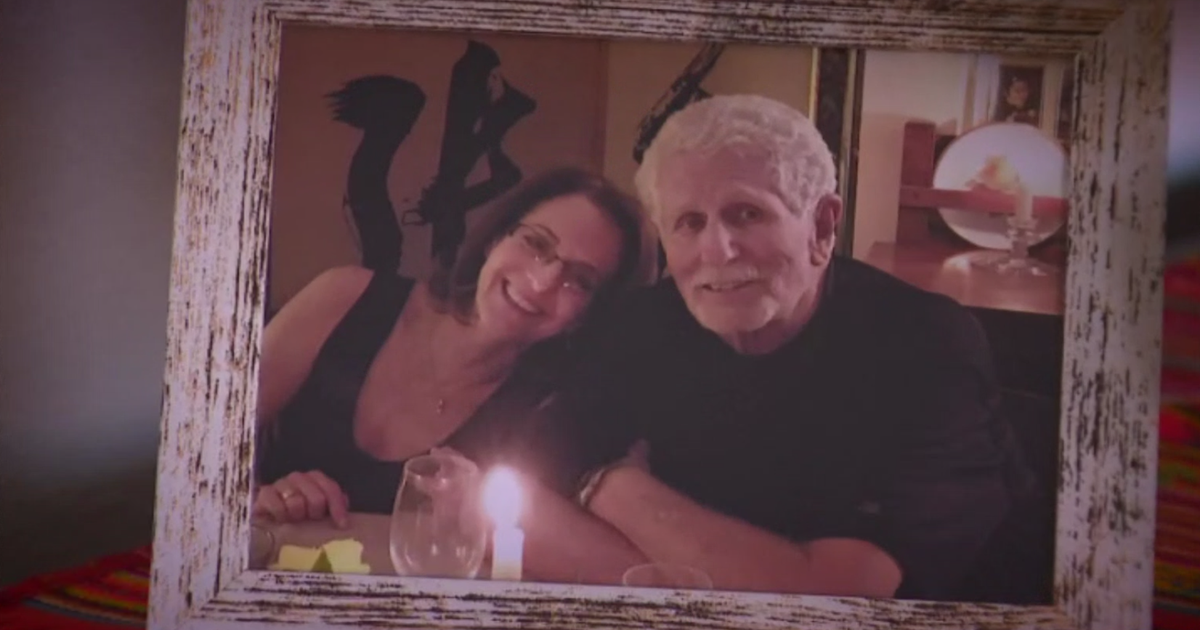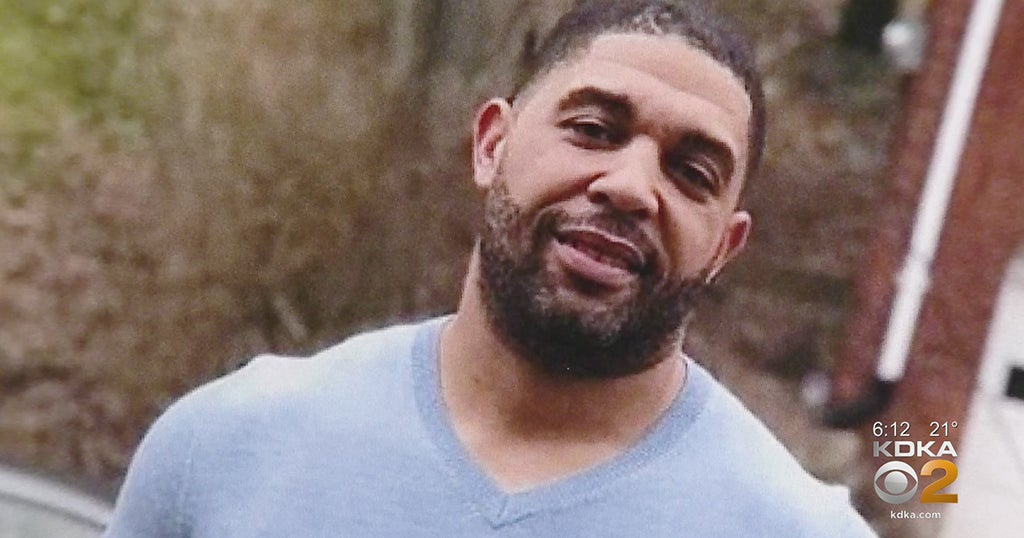Minnesotans rally at capitol to raise awareness of lethal fentanyl, driving overdose deaths in state
ST. PAUL, Minn. --For Jerry and Michele Hein, their late son Tyler is always on their mind.
"He was a wonderful son – he had a disease, and the disease took him from us," said Michele said.
Two years ago to the day on Monday, Tyler Hein died of an accidental overdose at age 23. The toxicology report said what was in his system was "100% fentanyl," Michele said. His parents told WCCO they are still grieving their son—a U.S. Marine, yoga teacher, musician and "beautiful soul" who fiercely loved his family and friends.
The couple has made it their mission to keep others from experiencing similar pain of losing a loved one by educating them about a potent synthetic opioid fentanyl, a contributing factor to a rise in drug overdose deaths last year, according to the Minnesota Department of Health.
On Monday, they organized a rally at the capitol to raise awareness of the lethal opioid that's increased across the country. Lt. Gov. Peggy Flanagan, state lawmakers, law enforcement and more shared their stories—many of them personally touched by the crisis.
"I don't want anyone else to have to go through what we did. It makes us angry," Michele Hein said. "We really want people to understand what fentanyl is, how it can affect people, and hopefully save one life or two or twenty or 200."
The health department said a dose as small as three grains of rice can be deadly. There were a record number of drug overdose deaths in 2021, according to state data, and more than 70%—924—were opioid-related. Ninety percent of those opioid-related overdose fatalities were linked to fentanyl.
State Rep. Dave Baker, R-Willmar, who lost his son 11 years ago to an opioid overdose, highlighted the state's Opioid Epidemic Response Advisory Council, designed to address the epidemic in Minnesota and study the responses statewide. The council last week awarded $5.7 million to 18 Minnesota organizations focused on these efforts.
"Doing this today for the Hein family—I know what it's like for this loss," Baker said. "Two years into it, the wound is still gushing. I know the family's pain. Those anniversaries are monumental for us."
Last month, lawmakers celebrated passing legislation that allocated $300 million Minnesota received from a multistate settlement with opioid manufacturers and distributors. The funding will largely go to cities and counties to provide resources for treatment and prevention.
But two bills targeting the opioid crisis didn't pass the legislature: One would have provided opioid overdose treatment naloxone in schools and the other would have increased penalties for sale and possession of fentanyl to bring it in line with how heroin is treated under the law.
The Hein family hope the legislature approves them next session.
"We feel if the dealers are stopped at that level and put in prison that less people will die," Michele said. "We don't want zero tolerance. We want it just to equal heroin because heroin isn't as lethal as fentanyl."
State Rep. Paul Novotny, R-Elk River, at the rally the measure would be a top priority for Republicans.
The Minnesota Department of Health provides fentanyl test strips and naloxone, which can reverse the effects of an overdose. Click here to find naloxone near you.








